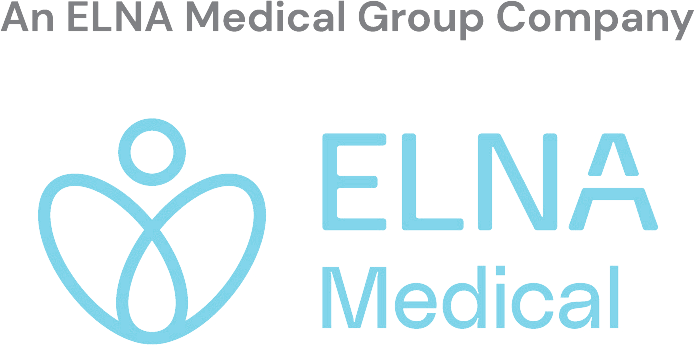If you find yourself waking up multiple times a night to use the bathroom, it could be a sign of an enlarged prostate.
Enlarged prostate, also called benign prostatic hyperplasia (BPH), is a common condition as men get older. In fact, it is the most common prostate problem for men older than age 50. Although benign prostatic hyperplasia rarely causes symptoms before age 40, the occurrence and symptoms increase with age. Benign prostatic hyperplasia affects about 50 percent of men between the ages of 51 and 60 and up to 90 percent of men older than 80.
An enlarged prostate gland can cause uncomfortable urinary symptoms, such as a weak urine stream, urine stream that starts and stops, frequently getting up at night to urinate, and inability to void the bladder.
There are many different treatment options for BPH, ranging from behaviour medications to surgery. If you are considering treatment, here’s what you need to know about this men’s health concern.








